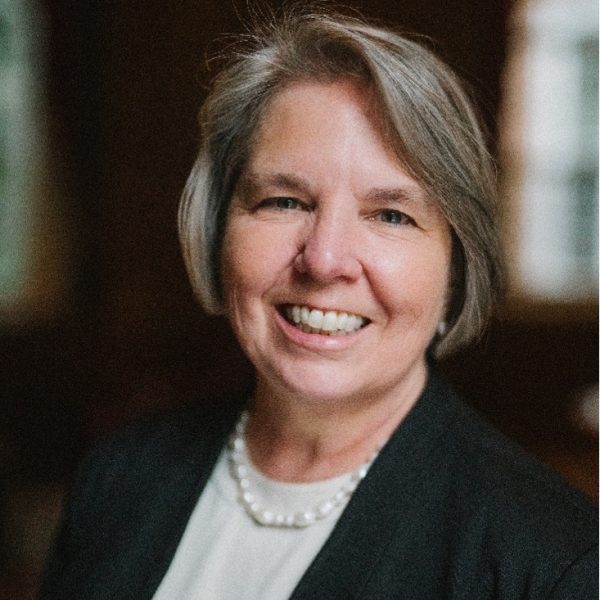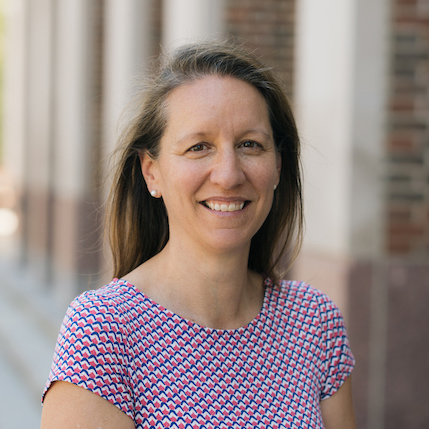
Forging New Pathways
Together, we are collaborating to transform semiconductor-related education to be more open to and aligned with industry workforce needs.
Who We Are
The EDGE Consortium is comprised of students, faculty, industry, and federal agencies and is led by presidents and deans from some of the nation’s leading research universities and schools of engineering.
Meet the Member Schools










What We Do
The CHIPS and Science Act can only deliver on its promise to strengthen the US semiconductor industry by significantly growing our engineering workforce. The EDGE Consortium is committed to forging new pathways into STEM jobs and training so that no one is left behind.
We will work to double the number of industry-ready engineers by connecting the semiconductor industry to societal impact, creating more varied educational on-ramps, supporting community through cross-university cohorts of students, creating more permeability between higher education and industry, and investing in enhancing hard infrastructure at universities.
How We Do It
To deliver on our commitment, we will work diligently to:
- Connect the semiconductor industry to societal impact.
- Create more varied educational on-ramps.
- Support community through cross-university cohorts of students.
- Create more permeability between higher education and industry.
- Enhance hard infrastructure at universities.
How You Can Help:
- Be a visible advocate for the link between the semiconductor industry and societal impact.
- Connect students across institutions to establish strong communities for young adults interested in semiconductor-related programming.
- Partner with universities and engineering schools to establish industry-embedded curricula.
- Join the alliance and become a member of the EDGE Consortium.
Staff

Dr. Marla Dowell joined EDGE as its inaugural Executive Director in March 2025. Dr. Dowell previously served as Director of the CHIPS Metrology Program, as well as Director of NIST Boulder Laboratory at the U.S. Department of Commerce. Marla has dedicated her career to public service, and having spent over 30 years at NIST Dr. Dowell has built a vast network that supports innovative R&D for the semiconductor industry.
Dr. Dowell is an expert in creating effective partnerships across academic, industrial, and government sectors. She majored in physics at the University of Michigan and earned a PhD in physics from the Massachusetts Institute of Technology and an MBA from the University of Colorado Boulder.

Lesley is the Program Director for the EDGE Consortium. She has over 20 years experience in education and academia across all levels from early childhood to tertiary education. Her primary focus has been working with mission-driven independent institutions that seek to improve access for all students. As a seasoned leader of Admissions, Recruiting, Marketing & Communications, and Assessment professionals alike, Lesley leverages her expansive management background to help the Consortium build a broad coalition of committed educators, industry leaders, federal partners, and motivated students.
